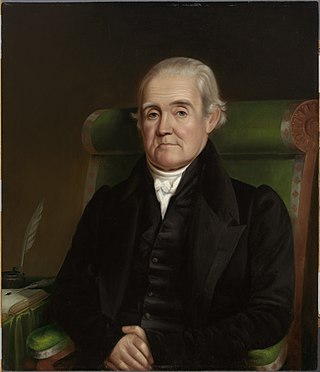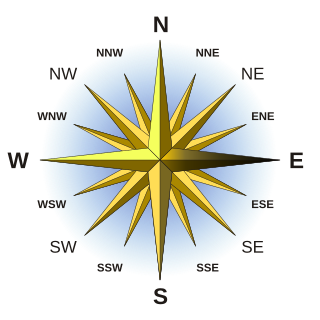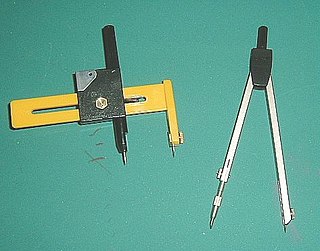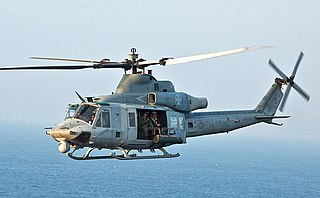Related Research Articles

A conspiracy, also known as a plot, is a secret plan or agreement between people for an unlawful or harmful purpose, such as murder, treason, or corruption, especially with political motivation, while keeping their agreement secret from the public or from other people affected by it. In a political sense, conspiracy refers to a group of people united in the goal of usurping, altering or overthrowing an established political power. Depending on the circumstances, a conspiracy may also be a crime, or a civil wrong. The term generally connotes, or implies, wrongdoing or illegality on the part of the conspirators, as it is commonly believed that people would not need to conspire to engage in activities that were lawful and ethical, or to which no one would object.

A map is a symbolic depiction emphasizing relationships between elements of some space, such as objects, regions, or themes.

Noah Webster Jr. was an American lexicographer, textbook pioneer, English-language spelling reformer, political writer, editor, and author. He has been called the "Father of American Scholarship and Education". His "Blue-backed Speller" books taught five generations of American children how to spell and read. Webster's name has become synonymous with "dictionary" in the United States, especially the modern Merriam-Webster dictionary that was first published in 1828 as An American Dictionary of the English Language.

A compass is a device that shows the cardinal directions used for navigation and geographic orientation. It commonly consists of a magnetized needle or other element, such as a compass card or compass rose, which can pivot to align itself with magnetic north. Other methods may be used, including gyroscopes, magnetometers, and GPS receivers.

A galvanometer is an electromechanical measuring instrument for electric current. Early galvanometers were uncalibrated, but improved versions, called ammeters, were calibrated and could measure the flow of current more precisely.

East is one of the four cardinal directions or points of the compass. It is the opposite direction from west and is the direction from which the Sun rises on the Earth.
"The Devil and Daniel Webster" (1936) is a short story by American writer Stephen Vincent Benét. He tells of a New Hampshire farmer who sells his soul to the devil and is later defended by a fictionalized Daniel Webster, a noted 19th-century American statesman, lawyer and orator. The narrative references real events in the lives of Webster and his family.

Quid pro quo is a Latin phrase used in English to mean an exchange of goods or services, in which one transfer is contingent upon the other; "a favor for a favor". Phrases with similar meanings include: "give and take", "tit for tat", "you scratch my back, and I'll scratch yours", and "one hand washes the other". Other languages use other phrases for the same purpose.

A model is an informative representation of an object, person or system. The term originally denoted the plans of a building in late 16th-century English, and derived via French and Italian ultimately from Latin modulus, a measure.
Caveat emptor is Latin for "Let the buyer beware". It has become a proverb in English. Generally, caveat emptor is the contract law principle that controls the sale of real property after the date of closing, but may also apply to sales of other goods. The phrase caveat emptor and its use as a disclaimer of warranties arises from the fact that buyers typically have less information than the seller about the good or service they are purchasing. This quality of the situation is known as 'information asymmetry'. Defects in the good or service may be hidden from the buyer, and only known to the seller.

A compass, more accurately known as a pair of compasses, is a technical drawing instrument that can be used for inscribing circles or arcs. As dividers, it can also be used as a tool to mark out distances, in particular, on maps. Compasses can be used for mathematics, drafting, navigation and other purposes.
A compass is a navigational instrument that indicates the direction to the magnetic poles.

In architecture, the dado is the lower part of a wall, below the dado rail and above the skirting board. The word is borrowed from Italian meaning "dice" or "cube", and refers to "die", an architectural term for the middle section of a pedestal or plinth.
The Posey and Webster Street Tubes are two parallel underwater tunnels connecting the cities of Oakland and Alameda, California, running beneath the Oakland Estuary. Both are immersed tubes, constructed by sinking precast concrete segments to a trench in the Estuary floor, then sealing them together to create a tunnel. The Posey Tube, completed in 1928, currently carries one-way (Oakland-bound) traffic under the Estuary, while the Webster Street Tube, completed in 1963, carries traffic from Oakland to Alameda.

A utility helicopter is a multi-purpose helicopter capable of pursuing a wide array of tasks. They have proven useful in both civilian as well as military operations, with versatility being their defining trait.
A Cure for a Cuckold is a late Jacobean era stage play. It is a comedy written by John Webster and William Rowley. The play was first published in 1661, though it is understood to have been composed some four decades earlier.

Shell Energy Stadium is an American multi-purpose stadium located in Houston, Texas that is home to the Houston Dynamo, a Major League Soccer club and the Houston Dash of the National Women's Soccer League.The stadium is the result of combined commitments of $35.5 million from the city of Houston and $60 million from the Houston Dynamo. Harris County agreed to pay for half of the land in exchange for the ability to jointly own the stadium after its completion date in May 2012. The naming rights to the stadium were formerly held by BBVA USA; the name was changed to that of PNC Financial Services due to BBVA's acquisition by PNC. The stadium's naming rights have been owned by Shell Energy since January 17, 2023.

Framsden Windmill is a Grade II* listed post mill at Framsden, Suffolk, England which is preserved. The mill was known as Webster's Mill when it was a working mill.

Marble Arms & Manufacturing Company of Gladstone, Michigan began in 1892 with the invention and manufacture of the Marble Universal Rifle Sight by Webster L. Marble. Frank H. Van Cleve of Escanaba, Michigan shared patent rights on some of the early patents applied for by Webster L. Marble. Products expanded to include outdoor goods like a novel safety axe, hunting knives, match safes, compasses and the Marble Game Getter combination gun. The company grew to be a foremost manufacturer of gun sights, competing with rivals such as Lyman, Redfield, Pacific, King, and Williams gun sight companies. Still in business in Gladstone, Michigan, Marble Arms remains an important member of the firearm and shooting sports industry.

The military sketching board was designed to be used on horseback. The board incorporates a compass, an inclinometer, a ruler, a roll of paper and an arm buckle.
References
- ↑ Webster, John; Gunby, David (1995). The Works of John Webster. Cambridge University Press. ISBN 978-0-521-26060-2.
- A Law Dictionary, Adapted to the Constitution and Laws of the United States. By John Bouvier. Published 1856.